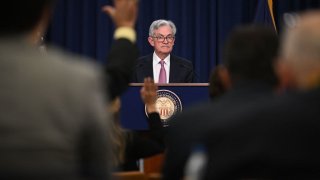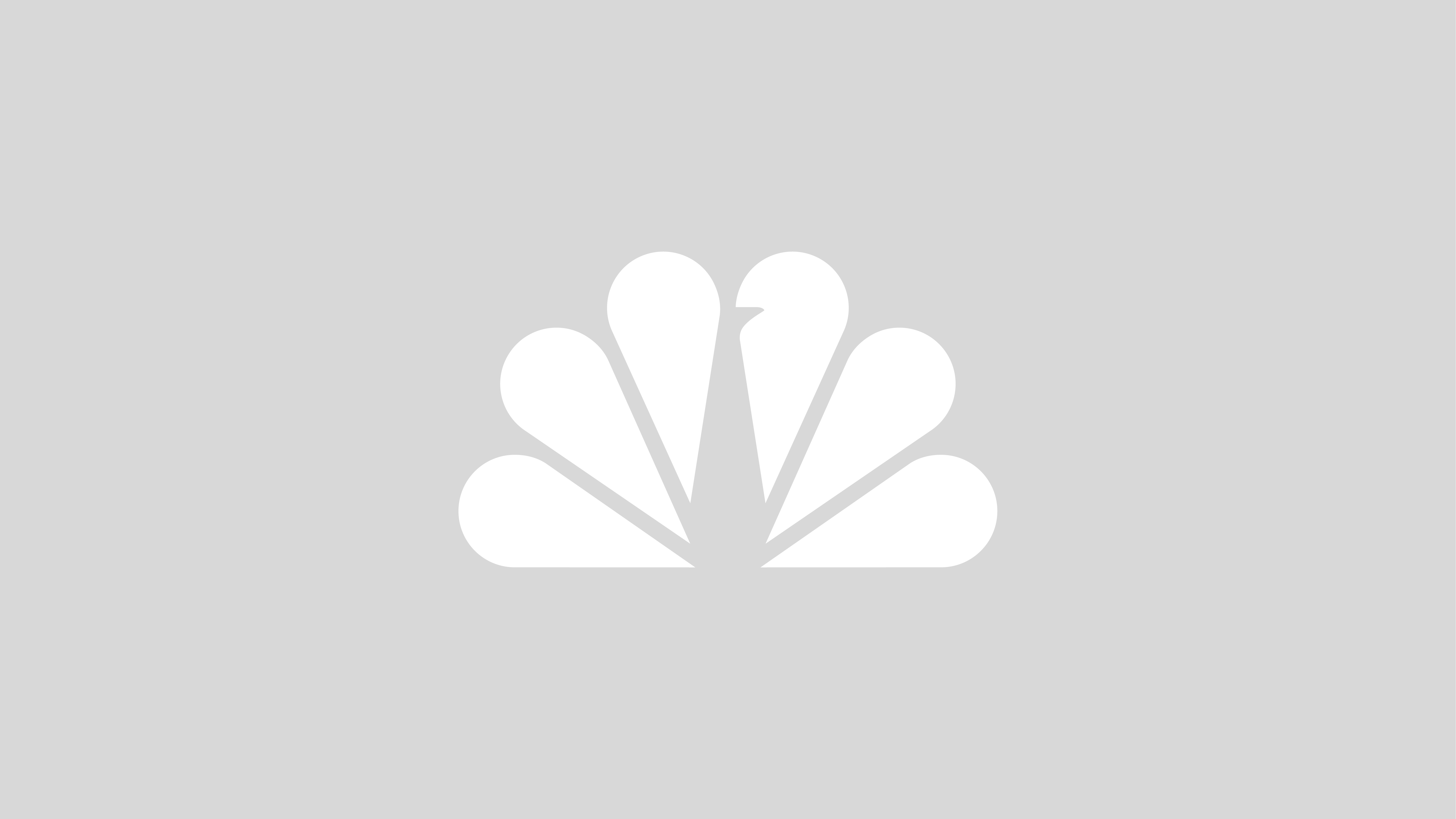
A few of your regular, everyday payments are about to get more expensive.
The Federal Reserve increased the cost of borrowing by raising its federal funds rate by a half-percent on Wednesday, its largest hike since 2000. The rate is now in a range of 0.75-1%, with the central bank projecting a total of about six additional hikes by the end of the year. It's expected to rise to 3%-3.25% by year's end.
By raising its federal funds rate, the Fed is making it more expensive to borrow money. This is meant to reduce inflation: The cost of goods in the U.S. has soared to 8.5% year-over-year, according to the Labor Bureau's most recent consumer price index data. Typically, the central bank's yearly inflation target rate is about 2%.
With a 50 basis-point interest rate hike, you can expect higher costs for:
Get Philly local news, weather forecasts, sports and entertainment stories to your inbox. Sign up for NBC Philadelphia newsletters.
Credit Cards
Your credit card's interest rate will likely increase slightly within a couple of billing cycles. The size of that increase can vary based on your credit score and credit card provider.
A 1% interest rate increase will likely only add a few dollars to your monthly interest payments on a few thousand dollars of outstanding debt. Current average interest rates are close to 16%, but they could be as high as 18.5% by the end of the year, according to Tedd Rossman, a senior industry analyst at CreditCards.com.
Money Report
Mortgages
Mortgage interest rates are calculated based on multiple factors, like inflation and the housing supply — but they're also affected indirectly by the federal funds rate, which influences how much banks pay to borrow money. When that rate increases, the interest on adjustable-rate mortgages tends to follow.
"All signs point to higher rates," said Bankrate chief financial analyst Greg McBride, in a statement on Sunday ahead of the rate hike. "In May, the benchmark 30-year fixed mortgage rate will be between 5.5 percent and 5.75 percent for the first time since 2009, and even 15-year fixed rates will climb to around 4.75 percent to 5 percent."
Interest rates for 30-year mortgages have already risen by almost 2% in the last year, which works out to hundreds of dollars in added monthly costs. Add in the Fed's new rate hike and you'll soon be paying even more to own a house — assuming, of course, that you don't have a fixed-rate mortgage.
Other loans
The federal funds rate is used to calculate the lowest interest rate offered for loans, known as the prime rate. Any loan tied to the prime rate, known as adjustable-rate loans, will likely have a slight increase in interest rates.
The size of that increase will vary, depending on your credit score and the terms of your loan. It could affect your financing for a new car, personal loans or home equity lines of credit. Variable-rate student loans also tend to rise with the federal funds rate — though technically, they aren't directly linked.
If you currently have a fixed-rate loan, your payments won't change. If you have an adjustable-rate loan, you should take some time to look at its terms, says Jacob Channel, a senior economic analyst at LendingTree: "The last thing you want is to think, 'Oh, I have a few months before my rate goes up,' and realize that the rate hike will kick in much sooner."
Sign up now: Get smarter about your money and career with our weekly newsletter
Don't miss: Here's how much the same mortgage costs now, compared to last year






